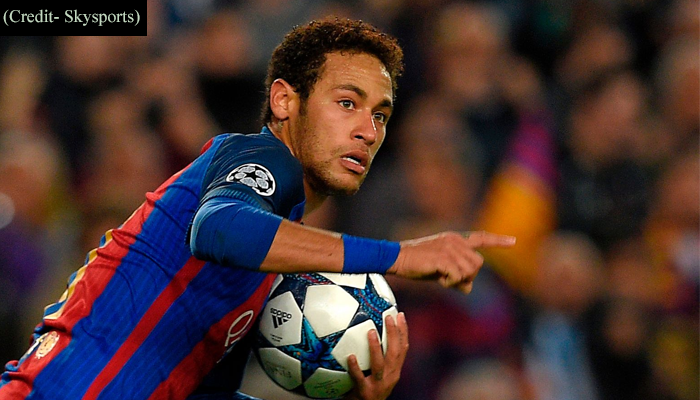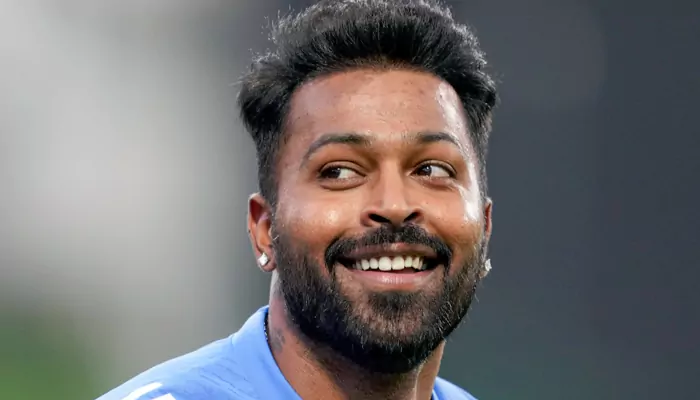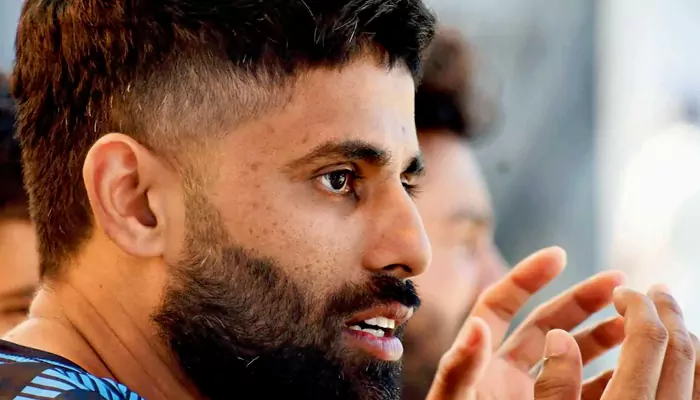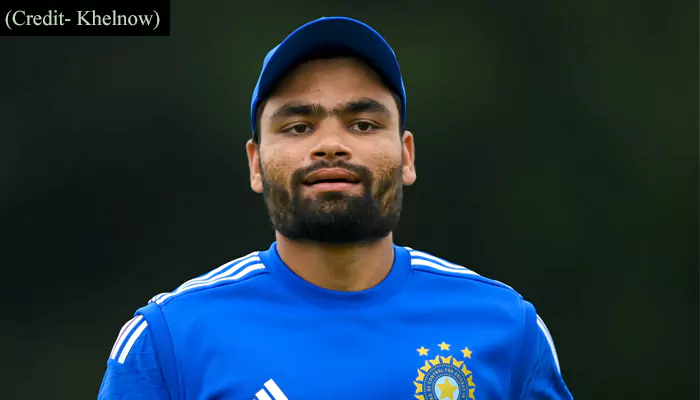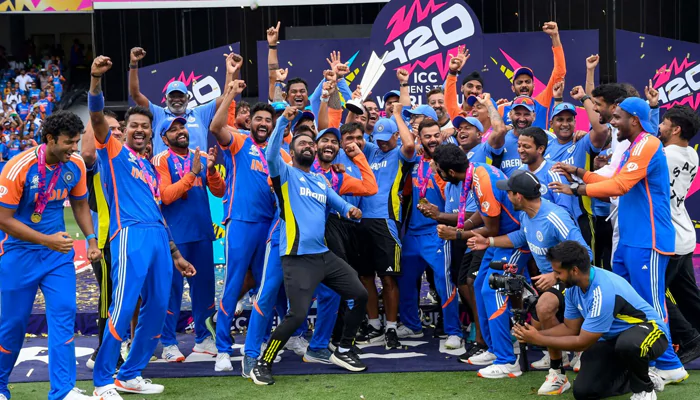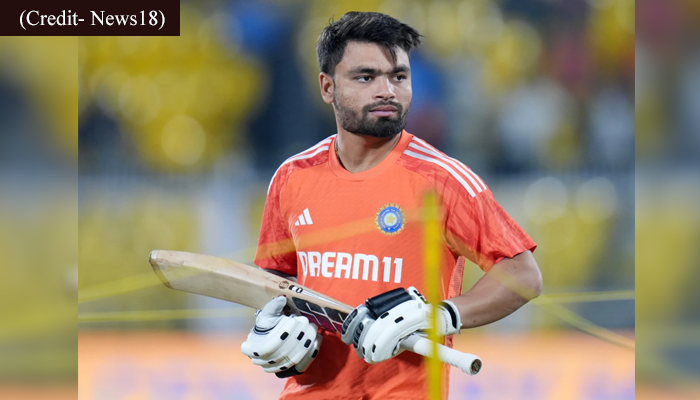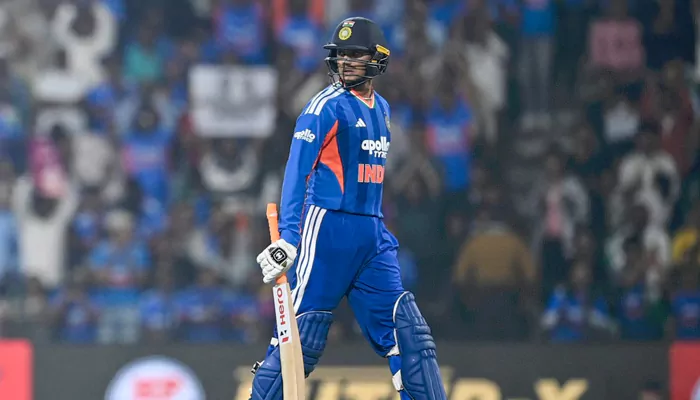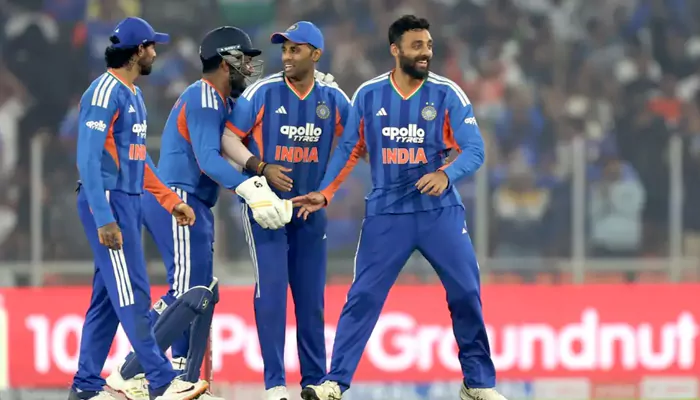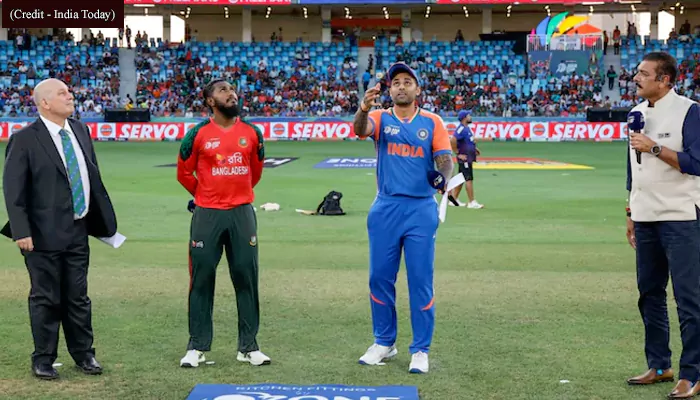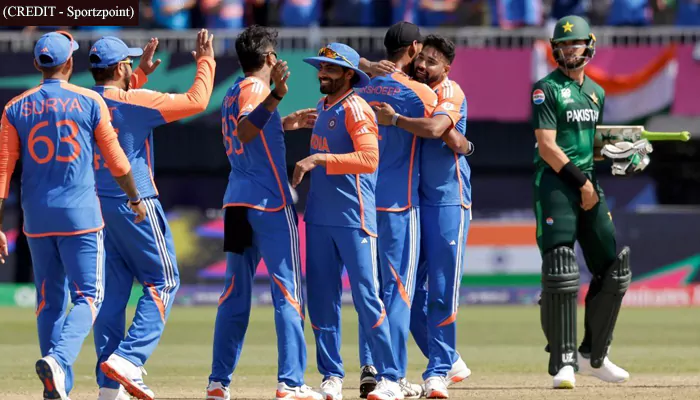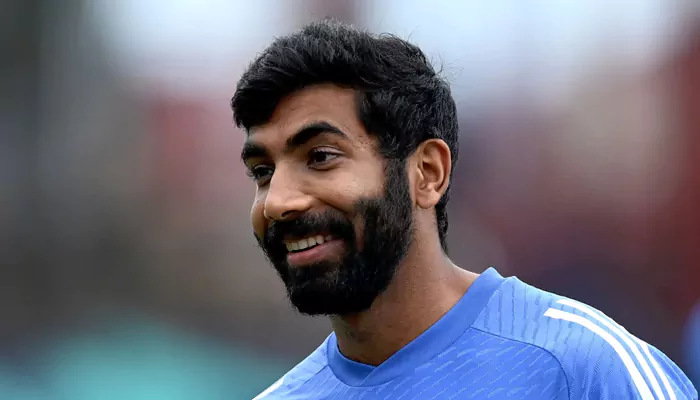On This Day (Aug 11): 16 Years Ago, Abhinav Bindra Grabbed India’s First Individual Gold at the Games
- Rohit Chatterjee
- 1 year ago
- 4 minutes read
 16 Years Ago, Abhinav Bindra Grabbed India’s First Individual Gold at the Games.webp)
What makes Bindra India's greatest Olympian isn't just his historic gold medal but his relentless pursuit of perfection.
2008 was a phenomenal year for India in sports, not because of cricket or hockey, the two sports that are mostly followed in the nation. Rather, it was because of one lesser-known man who did the miraculous job of grabbing India’s first gold in an individual Olympic event. The man in question was Abhinav Bindra who gave India its first individual gold in 61 years (2008) of independence since 1947.
On this day in 2008: Abhinav Bindra became first Indian to win individual Olympic goldhttps://t.co/153W3GsYcD pic.twitter.com/DysvaCTkmK
— Times Now Sports (@timesnowsports) August 11, 2021
700.5 points of near-perfect score
Sixteen years ago, Bindra made history by winning India's first individual Olympic gold medal. Competing in the men's 10m Air Rifle event at the 2008 Beijing Olympics, Bindra delivered a masterclass in composure and precision. His near-perfect score of 700.5 points in a nail-biting final clinched the gold.
𝐈𝐂𝐎𝐍𝐈𝐂! 🌟
— Olympic Khel (@OlympicKhel) August 11, 2023
On this day 1️⃣5️⃣ years ago, @Abhinav_Bindra clinched the Olympic 🥇 and etched his name in a billion hearts forever. ♥️🇮🇳#OnThisDay | @WeAreTeamIndia | @Media_SAI | @OfficialNRAI
India's Olympic gold legacy
Before Bindra's historic gold, India had secured eight Olympic gold medals in men's field hockey in 1928, 1932, 1936, 1948, 1952, 1956, 1964, and 1980 but not a single came in individual event. After Bindra’s achievement, the next Olympic gold for India came in the 2020 Tokyo Olympics, when Neeraj Chopra won the top medal in the Javelin Throw, marking a new era of individual success for the country. Unfortunately, despite one of the populous countries on earth, India still struggles to grab multiple gold medals in the Games.
Still processing this feeling. To all of India and beyond, thank you so much for your support and blessings that have helped me reach this stage.
— Neeraj Chopra (@Neeraj_chopra1) August 8, 2021
This moment will live with me forever 🙏🏽🇮🇳 pic.twitter.com/BawhZTk9Kk
The making of Bindra
Bindra, born in Dehradun on September 28, 1982, grew up watching competitions on television and a series of tournaments ignited his love for shooting. This early experience sparked his enthusiasm, which led him along the path to becoming a shooting legend. He methodically refined his talents with constant support from his family and his initial coach, Lt. Col. J.S. Dhillon.
At 15, Bindra was the youngest competitor at the 1998 Commonwealth Games. His breakthrough came in 2001 at the World Championships in Munich, when he won the gold medal in a senior World Championship at just 18, becoming the youngest Indian shooter to do so. This achievement laid the groundwork for his Olympic success.
Blending precision with mental strength
What makes Bindra India's greatest Olympian isn't just his historic gold medal but his relentless pursuit of perfection. At just 17, he made his Olympic debut at the Sydney Games. While he didn't secure a medal, the experience ignited his drive to excel globally. He adopted an intensive approach, blending technical precision with mental fortitude. Recognising India's lack of training facilities, he dedicated much of his time to training in Germany under coach Gaby Buhlmann.
An inspiring day at the IOC session with these bright young minds from the Olympic Values Education Program. Their enthusiasm and curiosity are a testament to the power of Olympic values in shaping our future leaders. Here's to nurturing dreams, values, and aspirations. 🌟… pic.twitter.com/Nj3hqDmrp6
— Abhinav A. Bindra OLY (@Abhinav_Bindra) October 20, 2023
A support system for the next stars
Bindra is also the founder of the Abhinav Bindra Foundation, which is dedicated to enhancing athletes' performance through sports science and technology. His commitment extends to his physiotherapy and rehabilitation centre, which focuses on supporting athletes' recovery and overall well-being. Through these initiatives, Bindra continues contributing to the sports community, applying his expertise and passion to help others achieve their best.
His medal tally
Apart from the Olympics medal, he secured gold medals in the Pairs event of the 2002 Manchester, 2006 Melbourne and 2010 Delhi Commonwealth Games. In 2014 Glasgow, he won a gold in singles whereas grabbed silver medals in 2002 and 2010. The 2006 Melbourne edition also saw him winning a bronze. Even in the Asian Games, he won a Team’s silver in the 2010 edition whereas two bronze (one team, one single) in the Incheon edition.
Last but not least, Bindra has been honoured with awards such as Arjuna award, Major Dhyan Chand Khel Ratna and the Padma Bhushan award.

